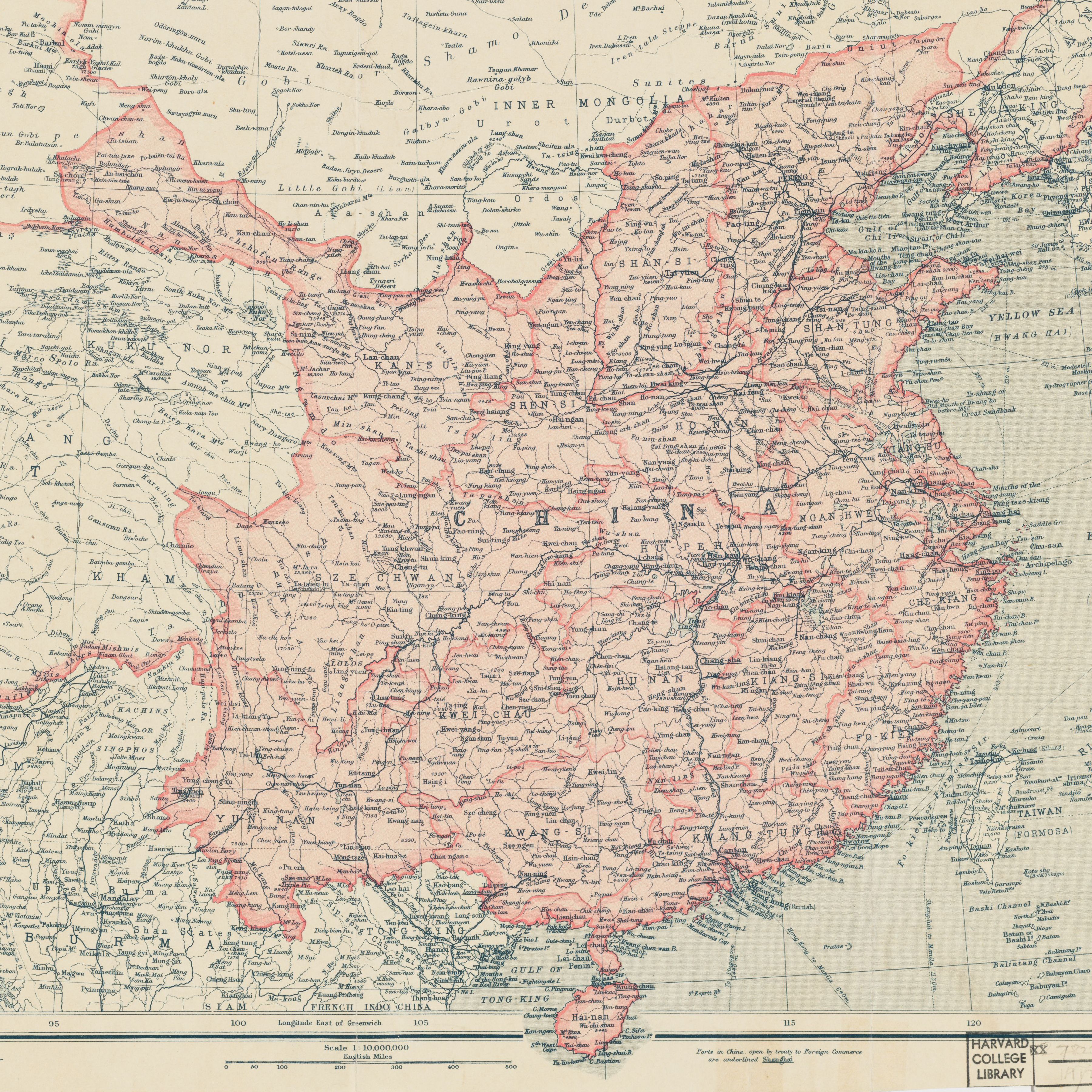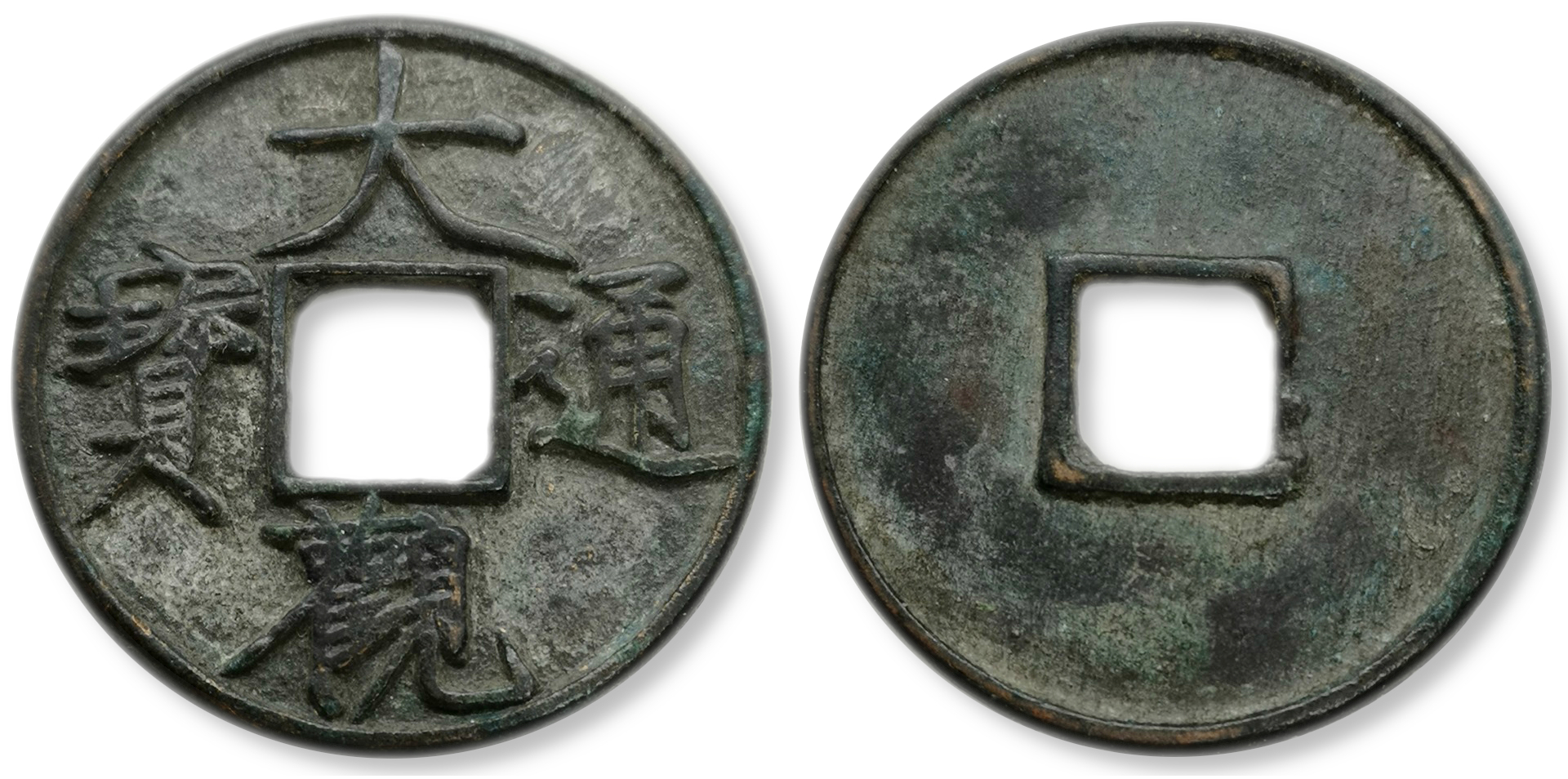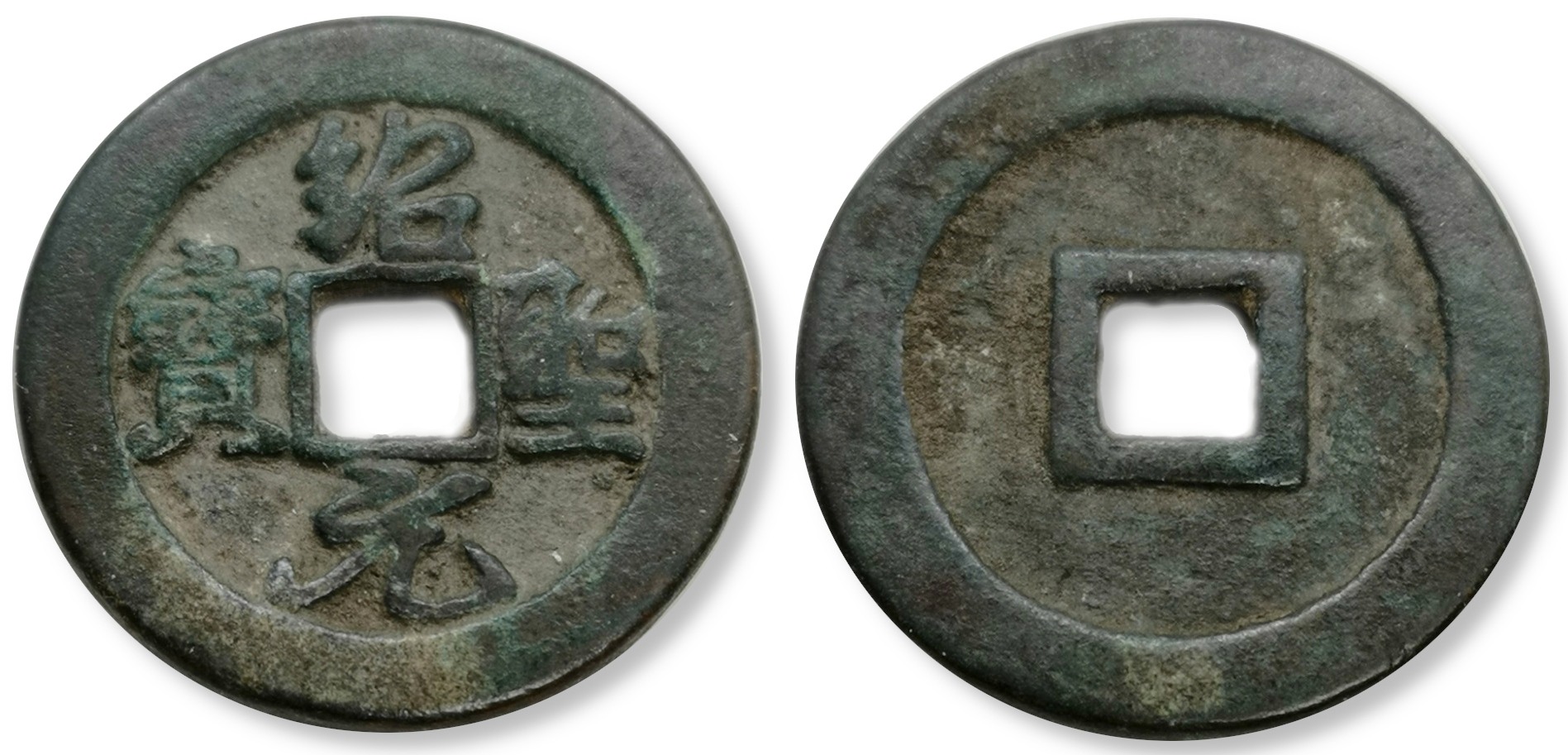There is no fixed extent for China proper, as it is used to express the contrast between the core and frontier regions of China from multiple perspectives: historical, administrative, cultural, and linguistic.
Chinese civilization developed from a core region in the North China Plain, and expanded outwards over several millennia, conquering and assimilating surrounding peoples, or being conquered and influenced in turn. Some dynasties, such as the Han and Tang dynasties, were particularly expansionist, extending far into Central Asia, while others, such as the Jin and Song dynasties, were forced to relinquish the North China Plain itself to rivals from Northeastern and Central Asia.
The Ming Dynasty was the last Han Chinese dynasty and second-last imperial dynasty to rule China. It governed fifteen administrative entities, which included thirteen provinces and two "directly-governed" areas. After the Manchu-founded Qing Dynasty succeeded the Ming Dynasty, the Qing court decided to continue to use the Ming administrative system to rule over former Ming lands, without applying it to other domains within the Qing Dynasty, namely Manchuria, Mongolia, Xinjiang, and Tibet. The 15 administrative units of the Ming Dynasty underwent minor reforms to become the Eighteen Provinces of China proper under the Qing Dynasty. It was these eighteen provinces that early Western sources referred to as China proper.
Chinese civilization developed from a core region in the North China Plain, and expanded outwards over several millennia, conquering and assimilating surrounding peoples, or being conquered and influenced in turn. Some dynasties, such as the Han and Tang dynasties, were particularly expansionist, extending far into Central Asia, while others, such as the Jin and Song dynasties, were forced to relinquish the North China Plain itself to rivals from Northeastern and Central Asia.
The Ming Dynasty was the last Han Chinese dynasty and second-last imperial dynasty to rule China. It governed fifteen administrative entities, which included thirteen provinces and two "directly-governed" areas. After the Manchu-founded Qing Dynasty succeeded the Ming Dynasty, the Qing court decided to continue to use the Ming administrative system to rule over former Ming lands, without applying it to other domains within the Qing Dynasty, namely Manchuria, Mongolia, Xinjiang, and Tibet. The 15 administrative units of the Ming Dynasty underwent minor reforms to become the Eighteen Provinces of China proper under the Qing Dynasty. It was these eighteen provinces that early Western sources referred to as China proper.

(1)
Emperor Hui Zong
.jpg)
An
3 Cash
struck 1111-1117 AD
in
China
Obverse: Zheng He Tong Bao (Seal Script)
Reverse:
Diameter:
-
Die Orientation: -
Weight: 10.2 g
Die Orientation: -
Weight: 10.2 g
The Northern Song Dynasty
Iron
Hartill 16.440 (narrow rim)
(2)
Emperor Hui Zong

Obverse: Da Guan tong bao
Reverse:
Diameter:
40.5 mm
Die Orientation: -
Weight: 19.74 g
Die Orientation: -
Weight: 19.74 g
No notes for this coin
DH 16.426


